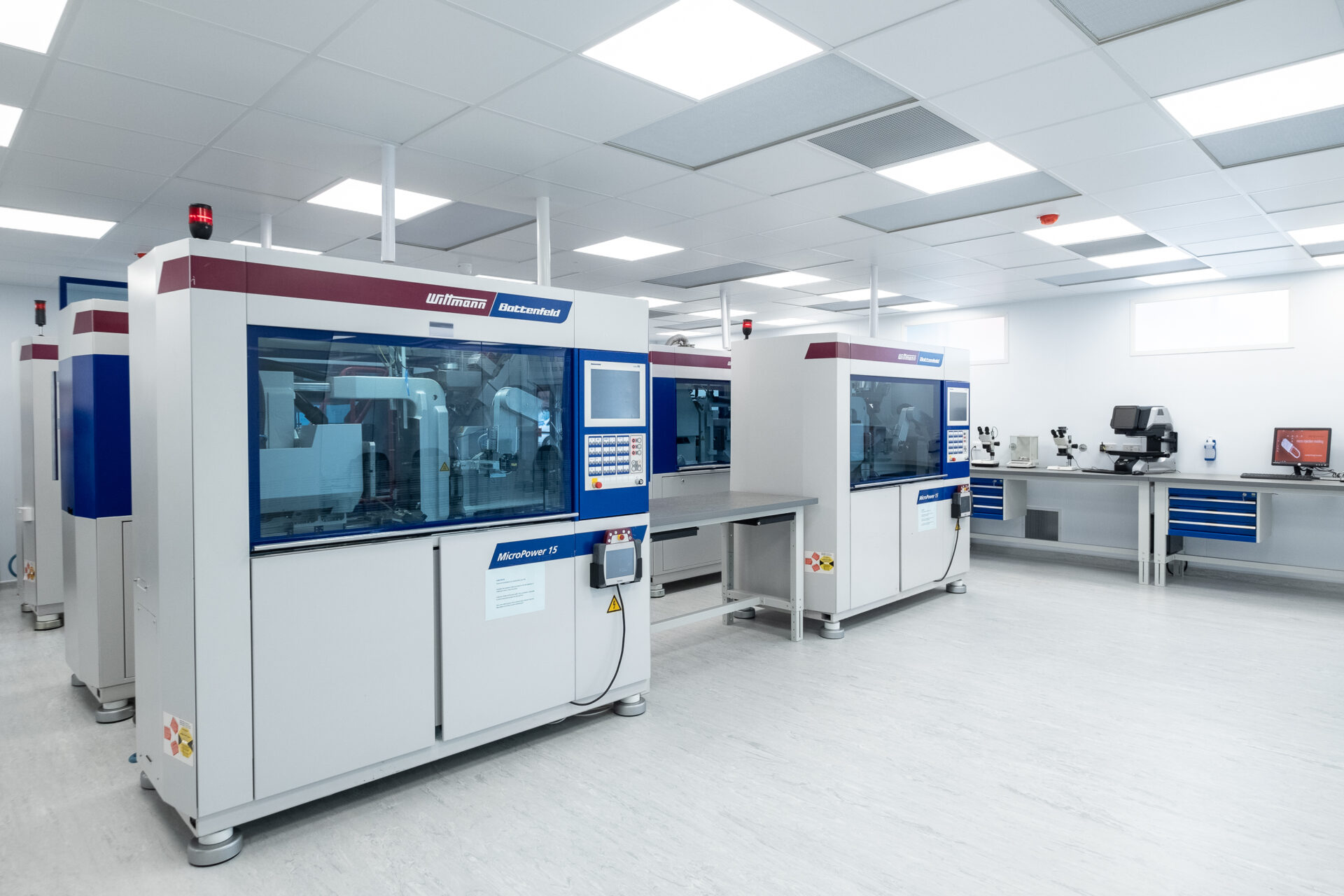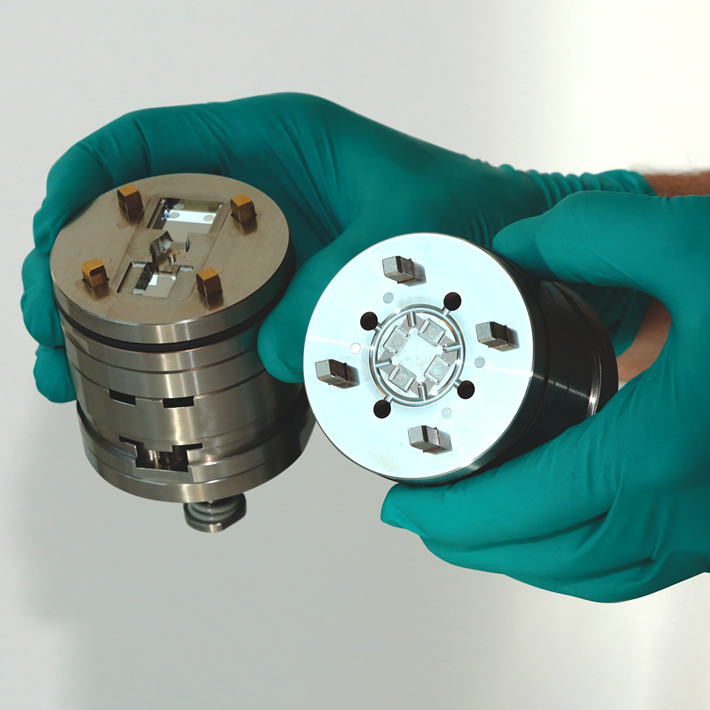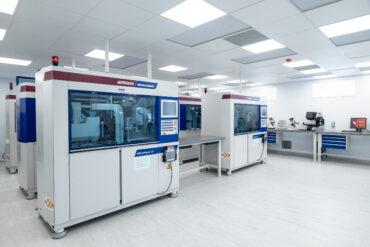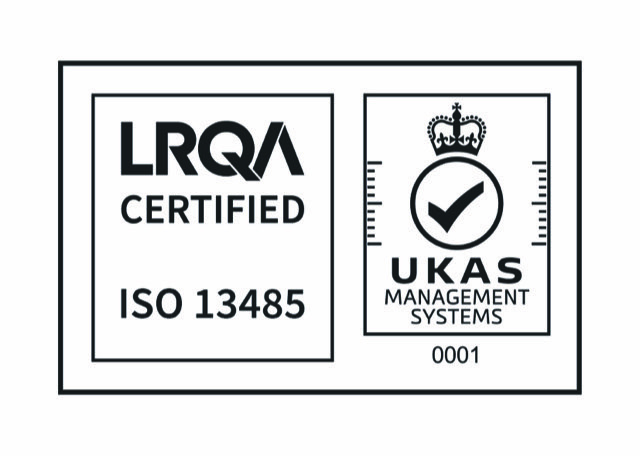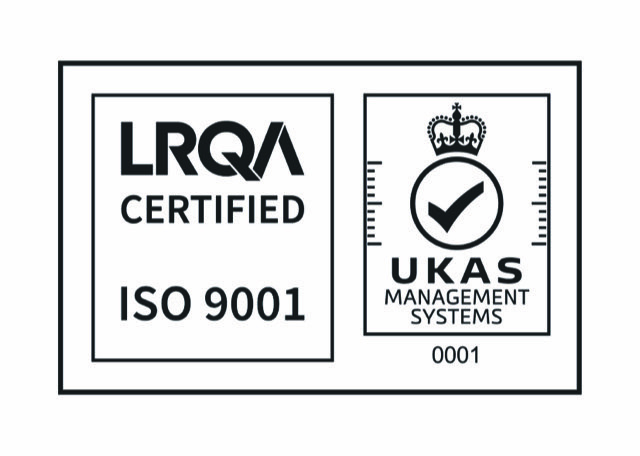Why choose Injection Molding for Medical Device Manufacturing?
Medical devices are a fundamental element of the Health Systems in any country, essential for the diagnosis, treatment and rehabilitation of illnesses and diseases. According to a recent report, the size of the global market for medical devices, estimated at USD 512.29 billion in 2022, is expected to increase by USD 799.67 billion by 2030, with a CAGR of 5.9% from USD 536.12 billion in 2023.
In order to meet the strict standards in manufacturing medical devices, plastic injection molding is a popular method for manufacturing plastic medical parts and components, as the method can effectively and affordably produce a mass volume of high-precision, high-quality and accurate plastic parts.
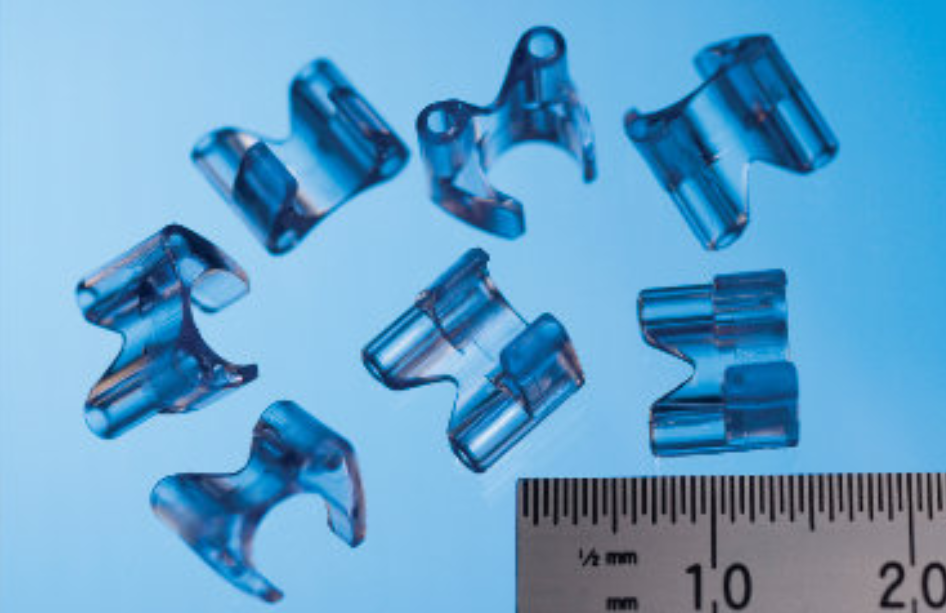
Benefits of Injection Molding
Plastic injection molding can provide a number of benefits over alternative plastic production techniques when it comes to medical device manufacture, all of which are vital for their applications worldwide.
Superior properties and Micro dimensions
With the ability to work with a wide range of compatible materials, plastic injection molding could meet various superior property requirements from product designers. Injection molding could work with medical-grade plastics that are strong and durable, tolerating abrasive conditions, vibration, and blunt force without breaking, shattering, or splitting. Numerous polymers for injection molding also provide the heat resistance needed for repeated autoclave and other methods of sterilization. The materials used in this production method are able to resist contamination with ease and require little sterilization making it easily compliant with other criteria including FDA guidelines, at the same time, reducing the overall cost of the parts.
Additionally, injection molding allows for the production of very small medical parts, down to a fraction of a human hair. For example, at Micro Systems, our experts in micro mold and micro molding are working on projects for extremely small and precise parts, with accuracy down to a fraction of a micron, and surface finish of less than 10 nm. Or the increasing popularity of microfluidic devices also requires the use of micro mold and micro molding to produce parts of tolerance as low as +/-0.001mm, with integrated optics.
Mass production and Cost efficiency
Injection molding is very cost-effective when it comes to mass production, as the bulk injection molding will reduce the cost-per-part overall by dividing the expense of tooling over thousands of pieces. The design and manufacture of the molds and toolings is the initial step in the production of any injection-molded product, which could require quite an investment in time and finance, especially for complicated ones like micro parts. However, once the tooling is prepared, it is feasible to swiftly and cheaply produce thousands of medical components, all identical in terms of sizes and qualities. Hence, for medical devices like tubes, containers, syringes, clippers, etc., or other single-use parts that need to be disposed of after being used, plastic injection molding is the ideal solution.
Moreover, with the advanced technology used nowadays in injection molding, all manufactured parts are controlled precisely, the production time is minimized to optimal levels, and the final molded parts have exceptional accuracy and tolerance. For example, at Micro Systems, when it comes to medical micro molding, each micro-molding production cell has a robot handling system for component separation or tray packaging via an in-line camera vision system for ‘component’ integrity and quality control prior to packaging.
High aesthetics and design flexibility
Medical devices are not only compact and portable, but also adhere to contemporary aesthetic criteria, as aesthetically pleasing and attractivity factors are becoming more and more in demand to help prevent an institutional look. Plastic injection molding allows for a variety of aesthetic requirements, from certain surface features for identifications and functions, to unusual options for colouring and transparency. Furthermore, plastic injection molding provides medical device designers with more flexibility in including several functionalities within 1 step of the injection molding process, rather than combining different methods to get the same desired functions.
Advanced molding techniques like over-molding, thin-wall molding, 2-shot molding, 2K molding, etc. at Micro Systems can provide further complexity, hence helping customers in achieving high precision products without foreign materials or costly assembly processes.
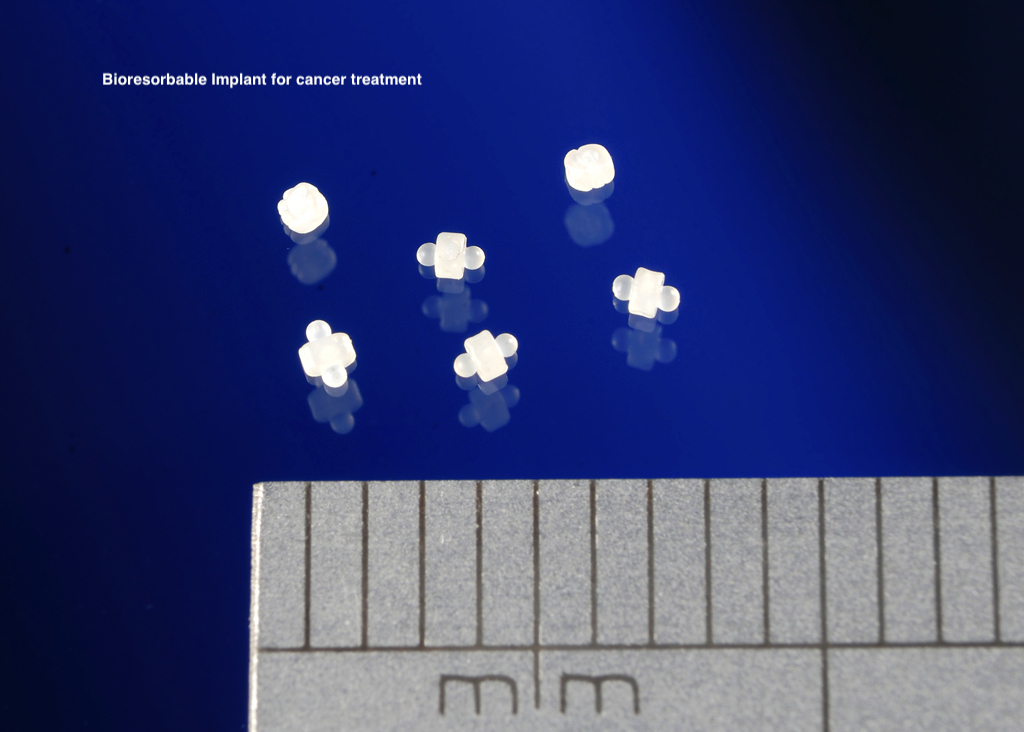
Applications of Injection Molding in Medical Device
Plastic injection molding is used in a variety of ways in the medical device sector, for a range of products like:
- Implantable parts
- Containers such as test tubes and beakers
- Instruments and components for surgery
- Components and equipment for drug distribution
- Orthopaedics
- Housings and casings for equipment used in laboratories and the medical field
- Dental X-ray equipment components
- Surgical Equipment
- Diagnostics: Microfluidics, Lab-on-a-chip
Medical-grade plastic used in Injection Molding in Medical Device
Medical-grade plastic is commonly defined as plastics that are particularly made to produce medical equipment and devices. In the medical industry, the usage of biocompatible plastics is intended to promote healing and recovery without resulting in unfavourable outcomes including injuries, allergic responses, or toxic reactions.
Injection molding process allows for the use of a variety of medical-grade plastic choices, depending the required qualities and capabilities that the components or parts serve. Typical medical-grade plastic that could be used to produce medical device parts using injection molding include:
- Polypropylene (PP): one of the most widely utilised polymers in the sector because of its toughness and toughness, strong chemical bonding resulting in a superior material for making test tubes and beakers for use in medical equipment.
- Polyethylene (PE): a popular plastic polymer made up of a large number of ethylene polymers, with high tensile strength and stiffness, durability to extreme environmental conditions, including sterilization.
- Silicone: a chemically inert chemical substance that resembles synthetic rubber with exceptional mechanical qualities and compatibility with biological tissues, ideal for making items and gadgets with high flexibility at an affordable cost, including connectors, tubing, contact lenses, breast implants, medication delivery systems, and catheters, etc.
- Polycarbonates (PC): a reinforced technical thermoplastic with exceptional mechanical qualities, including toughness, flexibility, resistance to abrasion, breaking, temperature, etc., while appearing to be transparent, very compatible with bodily tissues, hence perfect for producing a variety of medical plastic injection parts, including clear masks, safety gear, oxygenators, etc.
- Polyether Ether Ketone (PEEK): a common thermoplastic material that has exceptional resilience to extreme circumstances, including those involving radiation, high temperatures, chemicals, wear and tear, etc., mostly used to make surgical and medical implants.
The material chosen for the product depends on the required strength, operating environment (chemical and temperature resistance during operation, sterilisation procedures, etc.), industry requirements (FDA and medical industry standards), and other factors like costing, portability, practicality, etc.
Looking for a medical device mold and injection molded part manufacturer?
Micro Systems specialises in the design, manufacture and validation of ultra precision micro molds for the medical, pharmaceutical and optical markets, at the same time, the development and use of micro and nano technologies in the design and manufacture of injection molded components. We have a dedicated micro molding facility, and have ISO13485 and ISO9001 certifications. Contact us today to start planning your micro injection molding project and take advantage of our decades of micro molding expertise.

